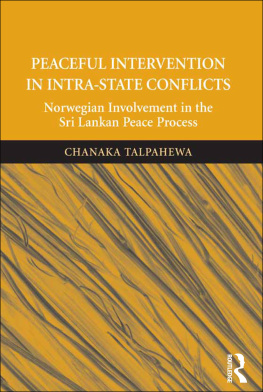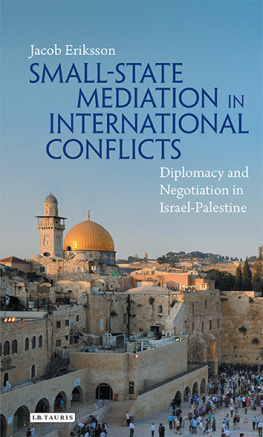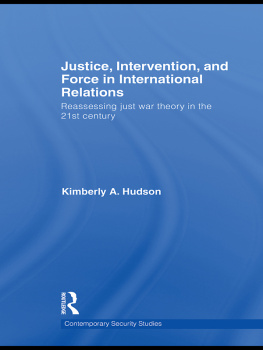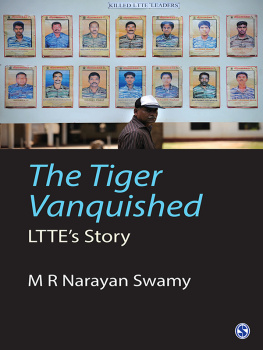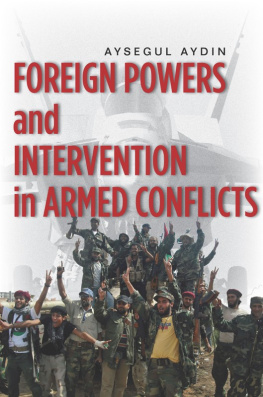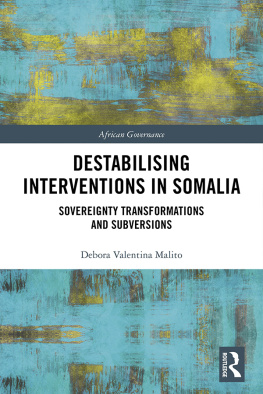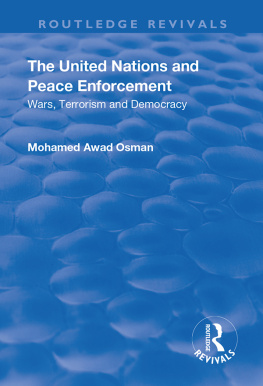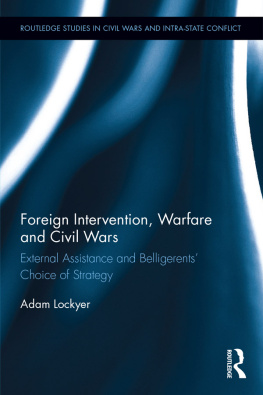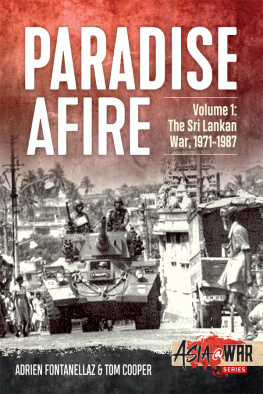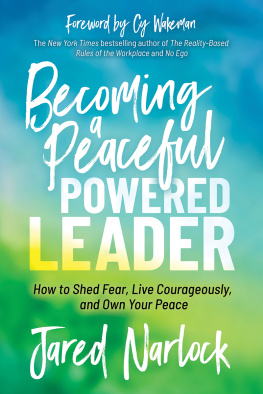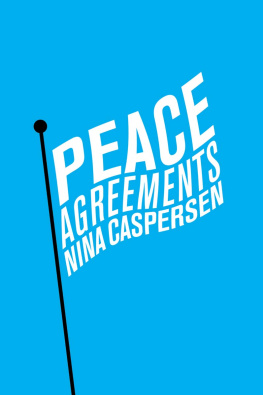First published 2015 by Ashgate Publishing
Published 2016 by Routledge
2 Park Square, Milton Park, Abingdon, Oxon OX14 4RN
711 Third Avenue, New York, NY 10017, USA
Routledge is an imprint of the Taylor & Francis Group, an informa business
Copyright Chanaka Talpahewa 2015
Chanaka Talpahewa has asserted his right under the Copyright, Designs and Patents Act, 1988, to be identified as the author of this work.
All rights reserved. No part of this book may be reprinted or reproduced or utilised in any form or by any electronic, mechanical, or other means, now known or hereafter invented, including photocopying and recording, or in any information storage or retrieval system, without permission in writing from the publishers.
Notice:
Product or corporate names may be trademarks or registered trademarks, and are used only for identification and explanation without intent to infringe.
British Library Cataloguing in Publication Data
A catalogue record for this book is available from the British Library
The Library of Congress has cataloged the printed edition as follows:
Talpahewa, Chanaka.
Peaceful intervention in intra-state conflicts : Norwegian involvement in the Sri Lankan peace process / by Chanaka Talpahewa.
pages cm
Includes bibliographical references and index.
ISBN 978-1-4724-4535-3 (hardback) ISBN 978-1-3155-9987-8 (ebook) ISBN 978-1-3170-8271-2 (epub) 1. Sri Lanka Politics and government 1978- 2. Ethnic conflict Sri Lanka. 3. Conflict management Sri Lanka. 4. Norway Foreign relations Sri Lanka. 5. Sri Lanka Foreign relations Norway. I. Title.
DS489.84.T327 2015
954.93032dc23
2014037324
ISBN 9781472445353 (hbk)
ISBN 9781315599878 (ebk-PDF)
ISBN 9781317082712 (ebk-ePUB)
Acknowledgements
The journey towards completing this book not only tested my limits but also tested the limits of so many people whose support and encouragement made it a reality. While it is practically difficult to acknowledge each and every one of them individually, please know that the generosity of those who are not specifically mentioned, which took many different forms, is remembered and appreciated.
I am foremost grateful to Dr Devon Curtis for the excellent guidance, steadfast encouragement and unfailing support extended throughout my research. She has been a wonderful teacher and an intellectual guide. Without such guidance the insights discussed in this book would not have become a reality.
I wish to acknowledge with sincere gratitude Prof. Marc Weller, Dr Pervaiz Nazir and the staff members of the Centre of International Studies (CIS)/Department of Politics and International Studies (POLIS) of the University of Cambridge for their continuous support, encouragement and assistance.
I express my deep gratitude to the British Council, in both Colombo and in Cambridge, the British Chevening Scholarship Programme and the Cambridge Commonwealth Trust, without whose financial support the research study in Cambridge would not have been possible.
I would like to extend my sincere gratitude to (late) Uncle Alavi (Mr Alavi Mohamed) and Aunty Amritha (Ms Amritha Fernando-Mohamed) who always ensured that I had a home away from in the UK. I am thankful to Ms Suganthie Kadirgamar for giving me access to the archives of late Minister Lakshman Kadirgamar. I am indebted to Dr Maneesha Wanasinghe-Pasqual for her key guidance and support with her valuable comments and feedback. She provided me with many insights which have been useful in writing this book.
I wish to thank my friend and academic colleague Ms Amaia Sanchez for helping me to arrange many interviews and Mr Manih Faiz Rasheed who provided me with technical assistance when finalising the manuscript. I wish to extend my sincere appreciation to all those who consented to be interviewed despite many impediments.
I wish to extend my sincere appreciation to Mr Rob Sorsby, Ms Brenda Sharp, Mr Philip Stirups and the staff of Ashgate Publishing in the United Kingdom for the support extended in publishing this book.
A very special thank you to my wife Darshi for her steadfast support and to baby Seth for putting a smile on our faces even in the most difficult times. Finally, I wish to express my grateful thanks to my parents and my extended family for all their support, encouragement and the belief they have in me.

